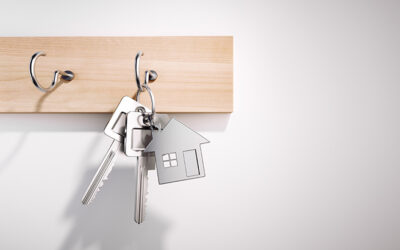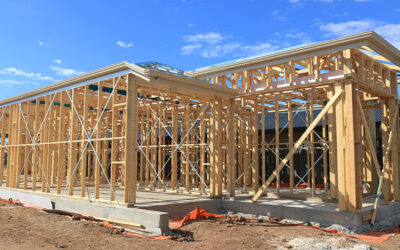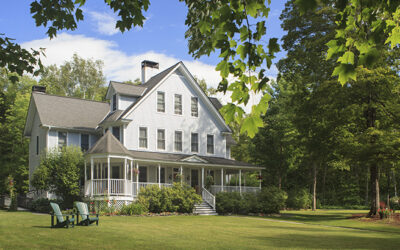There’s More to a Bubble Than Rising Home Prices

What truly causes a housing bubble and the inevitable crash? For the best explanation, let’s go to a person who correctly called the last housing bubble – a year before it happened.
“A bubble requires both overvaluation based on fundamentals and speculation. It is natural to focus on an asset’s fundamental value, but the real key for detecting a bubble is speculation…Speculation tends to chase appreciating assets, and then speculation begets more speculation, until finally, for some reason that will become obvious to all in hindsight, the ‘bubble’ bursts.
I have taken to calling the housing market a ‘bubble’.”
– Bill McBride of Calculated Risk calling the bubble back in April 2005
Where do we stand today regarding speculation?
There are two measurements that are used to determine the speculation in a housing market:
1. The number of homes purchased by an investor and
2. The number of homes being flipped (resold within a twelve-month period)
As compared to 2005, investor purchases are down dramatically (from 23% to 13%) and so is flipping (from 8.2% to 5.7%). McBride explains:
“There is currently some flipping activity, but this is more the normal type of flipping (buy, improve and then sell). Back in 2005, people were just buying homes and letting them sit vacant – and then selling without significant improvements. Classic speculation.”
What are the experts saying about speculation in today’s market?
DSNews recently ran an article which asked two economists to compare the speculation in today’s market to that in 2005-2007. Here is what they said:
Dr. Eddie Seiler, Chief Housing Economist at Summit Consulting:
“The speculative ‘flipping mania’ of 2006 is absent from most metro areas.”
Tian Liu, Chief Economist of Genworth Mortgage Insurance:
“The nature of housing demand is different as well, with more potential homeowners and far fewer speculators in the housing market compared to the 2005-2007 period.”
And what does McBride, who called the last housing bubble, think about today’s real estate market?
Sixty days ago, he explained:
“In 2005, people were just buying homes and letting them sit vacant – and then selling without significant improvements. Classic speculation. And even more dangerous during the bubble was the excessive use of leverage (all those poor-quality loans). Currently lending standards are decent, and loan quality is excellent…
I wouldn’t call house prices a bubble – and I don’t expect house prices to decline nationally like during the bust.”
Bottom Line
Speculation is a major element of the housing bubble formula. Right now, there are not elevated percentages of investors and house flippers. Therefore, there is not an elevated rate of speculation.
To view original article, please visit Keeping Current Matters.
Are Houses Less Affordable Than They Were in Past Decades?
If you want to buy a home, don’t let the headlines about affordability discourage you.
The Community and Economic Impacts of a Home Sale
When you buy or sell a home, you’re leaving a lasting impression on the community at large in addition to fulfilling your own needs.
Surprising Shift Favors Homeowners: Buyers Now Prefer Existing Homes
Existing homes are now the top preference among today’s buyers. Are you ready to sell?
Sellers: Make Today’s Home Price Appreciation Work for You
While prices aren’t expected to depreciate, the rise in prices is forecast to moderate over the next few years.
Key Questions To Ask Yourself Before Buying a Home
Homeownership is life-changing, and buying a home can positively impact you in so many ways.
3 Hot Topics in the Housing Market Right Now
If you’re a prospective buyer or seller, it’s important to understand the current real estate market conditions and how they affect you.
A Look at Housing Supply and What It Means for Sellers
It’s not too late to take advantage of today’s sellers’ market and use rising equity and low interest rates to make your next move.
3 Charts That Show This Isn’t a Housing Bubble
With home prices continuing to deliver double-digit increases, some are concerned we’re in a housing bubble like the one in 2006.
Today’s Real Estate Market Explained Through 4 Key Trends
The current real estate market is one for the record books with the exact mix of conditions that create opportunities for buyers & sellers.
Remote Work Has Changed Our Home Needs. Is It Time for Your Home To Change, Too?
Working from home gives you more flexibility and more options.









